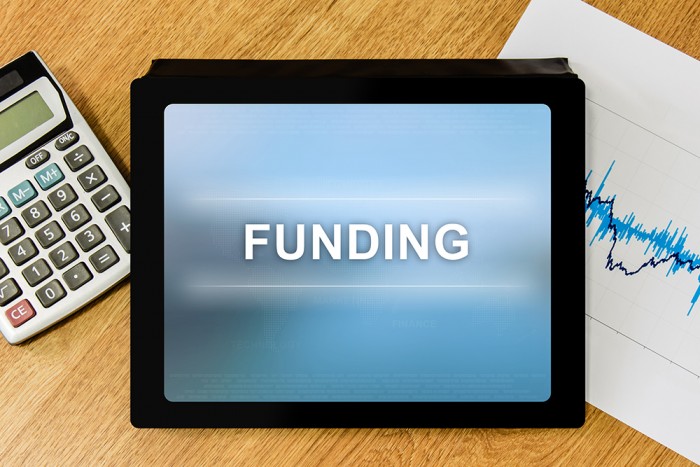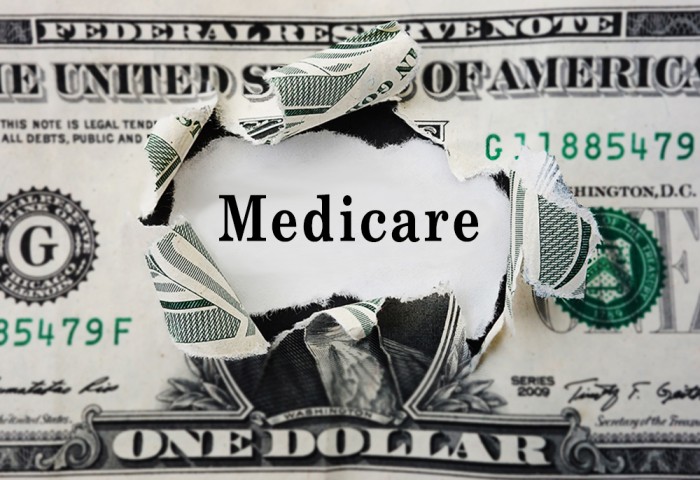SNF
RFA Released for Long-Term Care Quality Investment Pilot
The Pennsylvania Department of Health (DOH) has released a Request for Applications (RFA) for the Long-Term Care Quality Investment Pilot, which will distribute approximately $11.7 million in federal funds to long-term care facilities, including skilled nursing facilities (SNFs), personal care homes (PCHs), assisted living facilities (ALFs), and intermediate care facilities (ICFs) for the purpose of building resilience. These funds are designed to be invested in key areas such as workforce development and retention, infection prevention control, emergency preparedness, and improvements to facility infrastructure.
Please note the following:
- Facilities must be enrolled in the LTC RISE program’s quality improvement projects in order to be considered eligible for funding.
- Facilities in Philadelphia are not eligible for this funding.
DOH encourages facilities to apply for this opportunity. The application deadline is 1:30 pm on December 31, 2022. Additional details and information can be found by here.
Questions about this funding opportunity should be addressed by submitting questions through the formal procurement process, which is detailed in the RFA.
Reminder of LTC-RISE Benefits
The Office of Long-Term Living (OLTL) has been sending reminders to personal care homes, assisted living facilities, and skilled nursing facilities regarding the benefits of Long-Term Care Resiliency Infrastructure Supports & Empowerment (LTC-RISE). Please see the latest reminder below:
Over the last several months, the LTC-RISE partners have been reaching out to skilled nursing facilities, personal care homes, and assisted living facilities with various quality improvement projects funded by their partnership with the Pennsylvania Department of Health (DOH). By completing a needs assessment with you at your facility, the LTC-RISE partner can work with you to identify and support areas of improvement that will strengthen your facility’s ability to respond to any future health crisis at no financial cost to you. Some of the areas they can assist with include infection prevention and control, emergency preparedness, facilitating staffing contracts, use of health technology, and more! Please see the letter for additional information on this initiative for personal care homes and assisted living facilities, as well as skilled nursing facilities.
Many of you have already taken advantage of the opportunity to participate in any or all of these programs, but for those of you who have not, I encourage you to reach out directly to your local LTC-RISE partner to find out about how to enroll and be included in this and future opportunities that may become available.
Please go to the DOH LTC-RISE website to read more about this opportunity, see which region serves your facility based on county, and see contact information to find out more about enrolling with our LTC-Rise partners.
Revised Medicare Payment Systems Resource Released
The Centers for Medicare and Medicaid Services (CMS) recently released a revised Medicare Learning Network (MLN) resource, Medicare Payment Systems, to reflect the 2022 regulation changes to payment, quality, and policy for all health settings. These include acute care hospitals, inpatient rehabilitation facilities (IRFs), skilled nursing facilities (SNFs), home health, hospital outpatient, inpatient psychiatric facility, long-term care hospitals (LTCHs), ambulatory surgical centers (ASCs), and durable medical equipment, prosthetics, orthotics & supplies (DMEPOS).
MedPAC Recommends 5% Payment Reduction to IRFs, SNFs, & HHAs
The Medicare Payment Advisory Committee (MedPAC) voted last week and unanimously recommended a five percent payment reduction for inpatient rehabilitation facilities (IRFs), skilled nursing facilities (SNFs), and home health agencies (HHAs). There was no additional feedback provided with this recommendation; however, additional information should be provided in their upcoming March 2022 report to Congress.
Also worth noting was that MedPAC discussed its mandated report related to designing a value incentive program (VIP) for post-acute care (PAC). This report is required under the Consolidated Appropriations Act of 2021, and this was the commission’s second session dedicated to development of the PAC VIP. The report is due to Congress by March 15, 2022. Due to the limited time to develop the report, MedPAC asserted it would not be making a formal recommendation in the March Report to Congress. Also during this session, MedPAC shared its plan to submit its separate report on a unified post-acute care payment prototype to Congress in 2023.













